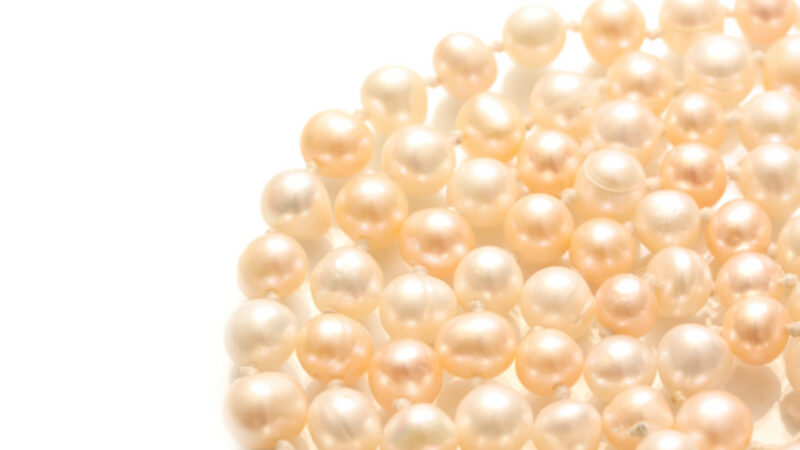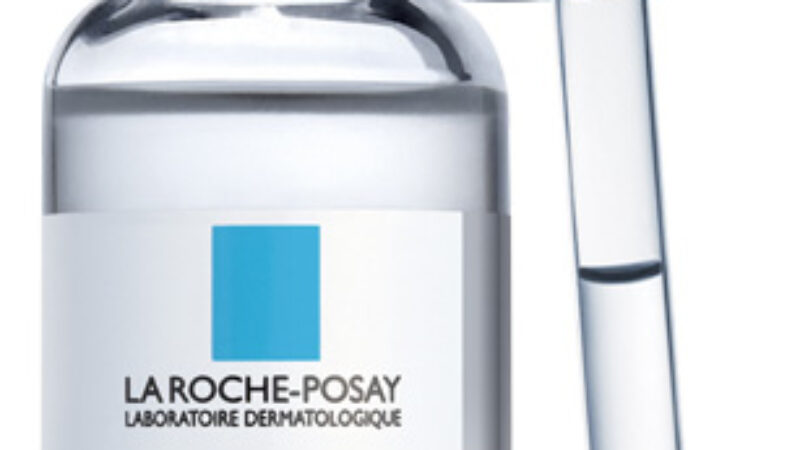Peptides In Skin Care
Are They Effective at Eliminating Wrinkles?
|
Credentials Botanical Bio-Peptide Concentrate with Matrixyl – click for more info |
What are peptides? If you’ve been keeping tabs on some of the latest anti-aging skin care ingredients, then you’ve possibly heard the media buzz surrounding peptides. Peptides are individual portions of proteins, which are composed of a long chain of amino acids. Peptides typically function as cell messengers and are associated with regulating many of the bodys’ systems, including:
Though it’s still early days, it’s thought that they may also play a role in wound healing and certain skin conditions such as atopic dermatitis and eczema. |
Two main peptides are used by the cosmetics industry today:
Two main peptides are used by the cosmetics industry today:
- acetyl hexapeptide-3 (trade name Argireline) and
- palmitoyl pentapeptide-3 (trade name Matrixyl).
Each come with different claims, which will be examined more closely in this article.
An alternative to Botox?
Acetyl hexapeptide-3 (trade name Argireline), claims to be the safer, cheaper and milder alternative to Botulinum Toxin (Botox). Found in products ranging from Strivectin to Freeze 24/7 and Wrinkle Relax, you’ve probably heard about argireline as the topical alternative to Botox. Argireline claims to work by relaxing facial muscles, thereby reducing wrinkles. The manufacturer of argireline conducted their studies (not published) using at least a 5% concentration, with maxiumum effect at 10%. If you are purchasing an argireline containing formulation look for one that contains at least a 10% concentration.
Matrixyl, a peptide with promise
Palmitoyl pentapeptide-3 (trade name Matrixyl) may be found in a variety of skin care preparations. Matrixyl consists of five amino acids linked together and attached to a fatty acid. This attachment to a fatty acid component enhances its absorption into the skin. Matrixyl is structurally related to the precursor of collagen type I (procollagen type I) and researchers have found that it stimulates the synthesis of the key constituents of the skin matrix: collagen, elastin and glucosaminoglycans.
Matrixyl’s manufacturers (Sederma and Procter and Gamble) have conducted studies that show it to be at least as effective against wrinkles as retinol but with the advantage of not causing skin irritation, a common side-effect of retinoids.
In addition, studies have shown that Matrixyl can:
- decrease skin roughness by 13%
- reduce wrinkle volume by 36%
- and decrease wrinkle depth by 27% after four months of twice-daily applications on the face and neck.
An increase in skin thickness has also been reported. The recommended concentration is between 3% and 5% and no side effects have been reported.
Matrixyl is found in Credentials Botanical Bio-Peptide Concentrate and Neostrata Wrinkle Repair.




